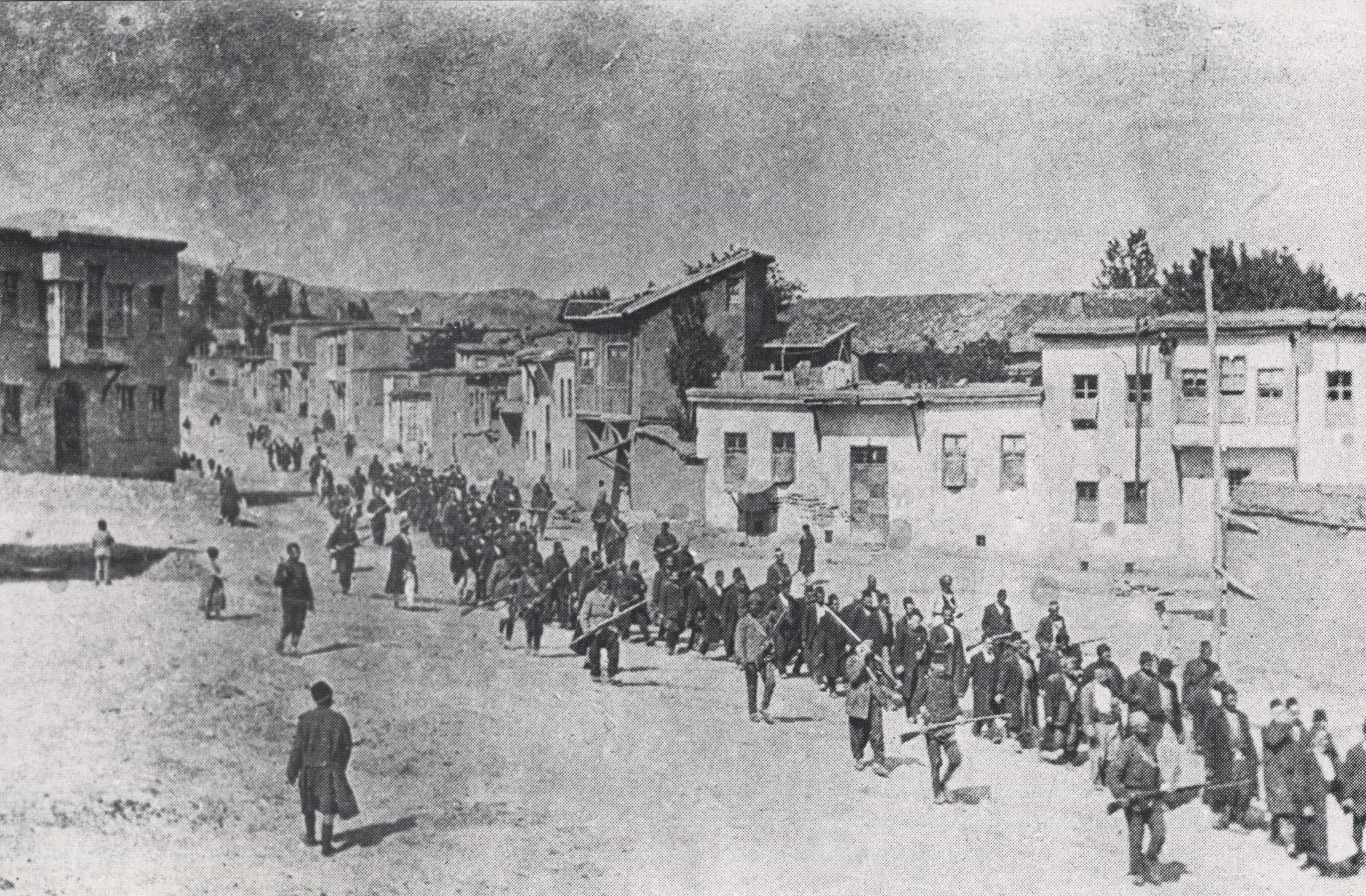|
Mahendra Yadav (Indian Politician)
Mahendra Yadav (1949/1950 5 July 2020) was a politician in the Indian National Congress. He was an MLA from Delhi's Palam constituency in 1998. He was convicted in a 1984 anti-Sikh riots case and was sentenced to 10 years in prison. Death Yadav died on 4 July 2020 at the age of 70 from COVID-19 during the COVID-19 pandemic in India. Mahendra Yadav was serving sentence in jail 14 at Mandoli Jail, a sub-jail of Tihar Jail. After a prisoner died from COVID-19 on June 15, all 29 prisoners were tested, with 17 positive and 12 negative results. However, on June 25, the 12 negative prisoners were retested and 3, including Mahendra Yadav, tested positive. On June 26, Yadav felt unwell and experienced heart-related issues, and was taken to Deen Dayal Upadhyay Hospital before being transferred to Loknayak Jaiprakash Hospital. His relatives requested that his admission to a private hospital under police protection and the jail administration granted their request. Yadav was admitted to A ... [...More Info...] [...Related Items...] OR: [Wikipedia] [Google] [Baidu] |
Delhi Legislative Assembly
The Delhi Legislative Assembly, also known as the Delhi Vidhan Sabha, is a unicameral legislature of the union territory of Delhi in India. Delhi Legislative Assembly is the legislative arm of the Government of Delhi. At present, it consists of 70 members, directly elected from 70 constituencies. The tenure of the Legislative Assembly is five years unless dissolved sooner. The seat of assembly is the Old Secretariat building, which is also the seat of the Government of Delhi. History The Delhi Legislative Assembly was first constituted on 7 March 1952 under the Government of Part C States Act, 1951; it was inaugurated by Home Minister K. N. Katju. The Assembly had 48 members, and a Council of Ministers in an advisory role to the Chief Commissioner of Delhi, though it also had powers to make laws. The first Council of Ministers was led by Chaudhary Brahm Prakash, who became the first Chief Minister of Delhi. However, the States Reorganisation Commission, set up in 1953, le ... [...More Info...] [...Related Items...] OR: [Wikipedia] [Google] [Baidu] |
1940s Births
Year 194 ( CXCIV) was a common year starting on Tuesday (link will display the full calendar) of the Julian calendar. At the time, it was known as the Year of the Consulship of Septimius and Septimius (or, less frequently, year 947 ''Ab urbe condita''). The denomination 194 for this year has been used since the early medieval period, when the Anno Domini calendar era became the prevalent method in Europe for naming years. Events By place Roman Empire * Emperor Septimius Severus and Decimus Clodius Septimius Albinus Caesar become Roman Consuls. * Battle of Issus: Septimius Severus marches with his army (12 legions) to Cilicia, and defeats Pescennius Niger, Roman governor of Syria. Pescennius retreats to Antioch, and is executed by Severus' troops. * Septimius Severus besieges Byzantium (194–196); the city walls suffer extensive damage. Asia * Battle of Yan Province: Warlords Cao Cao and Lü Bu fight for control over Yan Province; the battle lasts for over 100 ... [...More Info...] [...Related Items...] OR: [Wikipedia] [Google] [Baidu] |
Genocide Perpetrators
In Holocaust and genocide studies, perpetrators, victims, and bystanders is a typology for classifying the participants and observers of a genocide, first proposed by Raul Hilberg in the 1992 book '' Perpetrators Victims Bystanders: Jewish Catastrophe 1933–1945''. Although considered a key element of scholarship on genocide, the typology has also been criticized for vagueness and leading to overgeneralization. Jan Gross proposed that helpers and beneficiaries be added to the classification. Robert Ehrenreich proposed that being a perpetrator, bystander, or victim is on a sliding scale rather than a discrete classification. The triad is also used in studying the psychology of genocide. See also *Génocidaires Génocidaires (, 'those who commit genocide') are Rwandans who are guilty of genocide due to their involvement in the mass killings which were perpetrated in Rwanda during the 1994 Rwandan genocide, in which 800,000 Rwandans, primarily Tutsis and ... References Furt ... [...More Info...] [...Related Items...] OR: [Wikipedia] [Google] [Baidu] |
Deaths From The COVID-19 Pandemic In India
Death is the irreversible cessation of all biological functions that sustain an organism. For organisms with a brain, death can also be defined as the irreversible cessation of functioning of the whole brain, including brainstem, and brain death is sometimes used as a legal definition of death. The remains of a former organism normally begin to decompose shortly after death. Death is an inevitable process that eventually occurs in almost all organisms. Death is generally applied to whole organisms; the similar process seen in individual components of an organism, such as cells or tissues, is necrosis. Something that is not considered an organism, such as a virus, can be physically destroyed but is not said to die. As of the early 21st century, over 150,000 humans die each day, with ageing being by far the most common cause of death. Many cultures and religions have the idea of an afterlife, and also may hold the idea of judgement of good and bad deeds in one's life ( h ... [...More Info...] [...Related Items...] OR: [Wikipedia] [Google] [Baidu] |
Prisoners Who Died In Indian Detention
A prisoner (also known as an inmate or detainee) is a person who is deprived of liberty against their will. This can be by confinement, captivity, or forcible restraint. The term applies particularly to serving a prison sentence in a prison. English law "Prisoner" is a legal term for a person who is imprisoned. In section 1 of the Prison Security Act 1992, the word "prisoner" means any person for the time being in a prison as a result of any requirement imposed by a court or otherwise that he be detained in legal custody. "Prisoner" was a legal term for a person prosecuted for felony. It was not applicable to a person prosecuted for misdemeanour. The abolition of the distinction between felony and misdemeanour by section 1 of the Criminal Law Act 1967 has rendered this distinction obsolete. Glanville Williams described as "invidious" the practice of using the term "prisoner" in reference to a person who had not been convicted. History The earliest evidence of the e ... [...More Info...] [...Related Items...] OR: [Wikipedia] [Google] [Baidu] |
Prisoners Who Died From COVID-19
A prisoner (also known as an inmate or detainee) is a person who is deprived of liberty against their will. This can be by confinement, captivity, or forcible restraint. The term applies particularly to serving a prison sentence in a prison. English law "Prisoner" is a legal term for a person who is imprisoned. In section 1 of the Prison Security Act 1992, the word "prisoner" means any person for the time being in a prison as a result of any requirement imposed by a court or otherwise that he be detained in legal custody. "Prisoner" was a legal term for a person prosecuted for felony. It was not applicable to a person prosecuted for misdemeanour. The abolition of the distinction between felony and misdemeanour by section 1 of the Criminal Law Act 1967 has rendered this distinction obsolete. Glanville Williams described as "invidious" the practice of using the term "prisoner" in reference to a person who had not been convicted. History The earliest evidence of the existen ... [...More Info...] [...Related Items...] OR: [Wikipedia] [Google] [Baidu] |
Year Of Birth Uncertain
A year or annus is the orbital period of a planetary body, for example, the Earth, moving in its orbit around the Sun. Due to the Earth's axial tilt, the course of a year sees the passing of the seasons, marked by change in weather, the hours of daylight, and, consequently, vegetation and soil fertility. In temperate and subpolar regions around the planet, four seasons are generally recognized: spring, summer, autumn and winter. In tropical and subtropical regions, several geographical sectors do not present defined seasons; but in the seasonal tropics, the annual wet and dry seasons are recognized and tracked. A calendar year is an approximation of the number of days of the Earth's orbital period, as counted in a given calendar. The Gregorian calendar, or modern calendar, presents its calendar year to be either a common year of 365 days or a leap year of 366 days, as do the Julian calendars. For the Gregorian calendar, the average length of the calendar year (the ... [...More Info...] [...Related Items...] OR: [Wikipedia] [Google] [Baidu] |
Indian People Who Died In Prison Custody
Indian or Indians may refer to: Peoples South Asia * Indian people, people of Indian nationality, or people who have an Indian ancestor ** Non-resident Indian, a citizen of India who has temporarily emigrated to another country * South Asian ethnic groups, referring to people of the Indian subcontinent, as well as the greater South Asia region prior to the 1947 partition of India * Anglo-Indians, people with mixed Indian and British ancestry, or people of British descent born or living in the Indian subcontinent * East Indians, a Christian community in India Europe * British Indians, British people of Indian origin The Americas * Indo-Canadians, Canadian people of Indian origin * Indian Americans, American people of Indian origin * Indigenous peoples of the Americas, the pre-Columbian inhabitants of the Americas and their descendants ** Plains Indians, the common name for the Native Americans who lived on the Great Plains of North America ** Native Americans in the Uni ... [...More Info...] [...Related Items...] OR: [Wikipedia] [Google] [Baidu] |
Delhi MLAs 1998–2003
Delhi, officially the National Capital Territory (NCT) of Delhi, is a city and a union territory of India containing New Delhi, the capital of India. Straddling the Yamuna river, primarily its western or right bank, Delhi shares borders with the state of Uttar Pradesh in the east and with the state of Haryana in the remaining directions. The NCT covers an area of . According to the 2011 census, Delhi's city proper population was over 11 million, while the NCT's population was about 16.8 million. Delhi's urban agglomeration, which includes the satellite cities of Ghaziabad, Faridabad, Gurgaon and Noida in an area known as the National Capital Region (NCR), has an estimated population of over 28 million, making it the largest metropolitan area in India and the second-largest in the world (after Tokyo). The topography of the medieval fort Purana Qila on the banks of the river Yamuna matches the literary description of the citadel Indraprastha in the Sanskrit ... [...More Info...] [...Related Items...] OR: [Wikipedia] [Google] [Baidu] |
2020 Deaths
This is a list of deaths of notable people, organised by year. New deaths articles are added to their respective month (e.g., Deaths in ) and then linked here. 2022 2021 2020 2019 2018 2017 2016 2015 2014 2013 2012 2011 2010 2009 2008 2007 2006 2005 2004 2003 2002 2001 2000 1999 1998 1997 1996 1995 1994 1993 1992 1991 1990 1989 1988 1987 See also * Lists of deaths by day * Deaths by year {{DEFAULTSORT:deaths by year ... [...More Info...] [...Related Items...] OR: [Wikipedia] [Google] [Baidu] |




